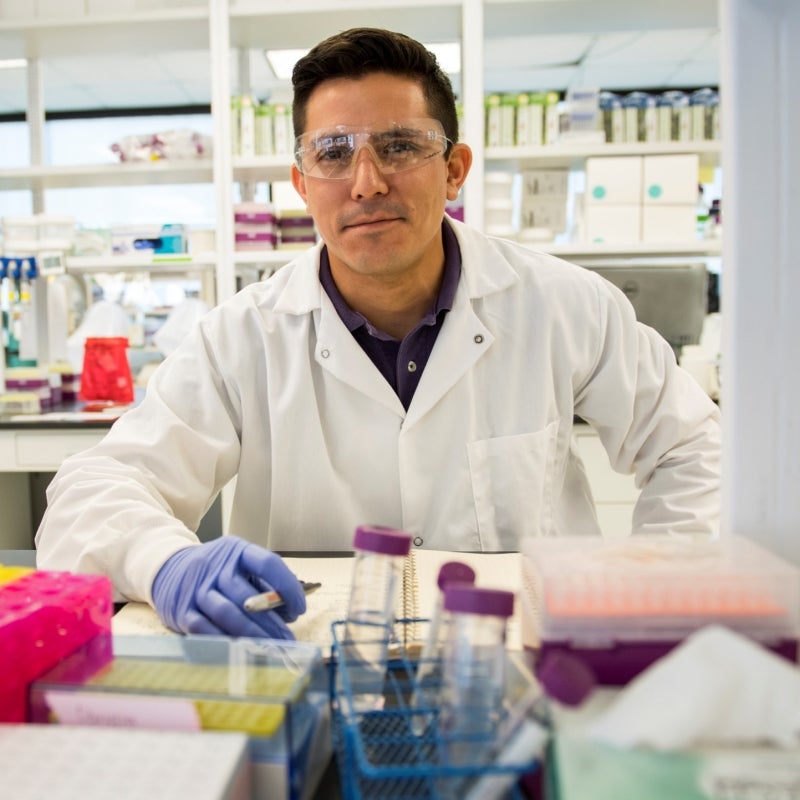Predictable control of gene expression within living systems is vital to achieve high production yields and titers by dynamically controlling when biochemical pathways are turned off or on. Genetic ‘parts’ must be developed that can enable user-defined gene expression both as sensing elements, where environmental inputs result in ‘readable’ outputs, and as DNA-based ‘knobs’, where user-defined inputs result in precise levels of expression. To make these parts, elucidating the sequence−function relationship of promoters is crucial for manipulating gene expression at the transcriptional level, particularly for inducible systems dependent on transcriptional regulators. In this talk, two types of systems for transcriptional control in bacterial systems will be discussed.
First, we demonstrate methods for modulating the strength of transcription factor-DNA binding site interactions through both rational and high-throughput approaches. We engineer multiple chemically-responsive transcription factor regulated promoters (inducible biosensors) elucidate sequence-function relationships. We demonstrate tunability of gene expression though altering the number, location, and sequence of the transcription factor binding sites. Second, we have developed a regulatable CRISPRi gene repression for the tuning of biosynthetic pathways using Cas12a (née Cpf1) CRISPR effector protein, which are better suited for use in Clostridium due to the genus’ AT-rich genomes and the corresponding simple and T-rich protospacer adjacent motif. We demonstrate in Clostridium repression in single and multiplexed formats with repression levels above 99%. Redistribution of carbon flux is shown as an example of efficacy. These approaches will enable an expansion of the synthetic biology toolkit, thus empowering greater use of biological solutions to chemical engineering challenges.

Nicholas Sandoval is an assistant professor in the Department of Chemical and Biomolecular Engineering at Tulane University. Prior to joining the faculty, Dr. Sandoval was a postdoctoral researcher in the Department of Chemical and Biomolecular Engineering at the University of Delaware in the Papoutsakis research group with support from an NIH National Research Service Award. He earned his Ph.D. in 2011 at the University of Colorado Boulder in Ryan Gill’s research group with support from an NSF Graduate Research Fellowship. Additionally, Dr. Sandoval was a lecturer in the Colorado Mesa University/University of Colorado Mechanical Engineering Partnership Program in Grand Junction, Colorado. Dr. Sandoval has recently been the recipient of the NSF CAREER Award (2019) and ORAU’s Ralph E. Powe Junior Faculty Award (2018).

